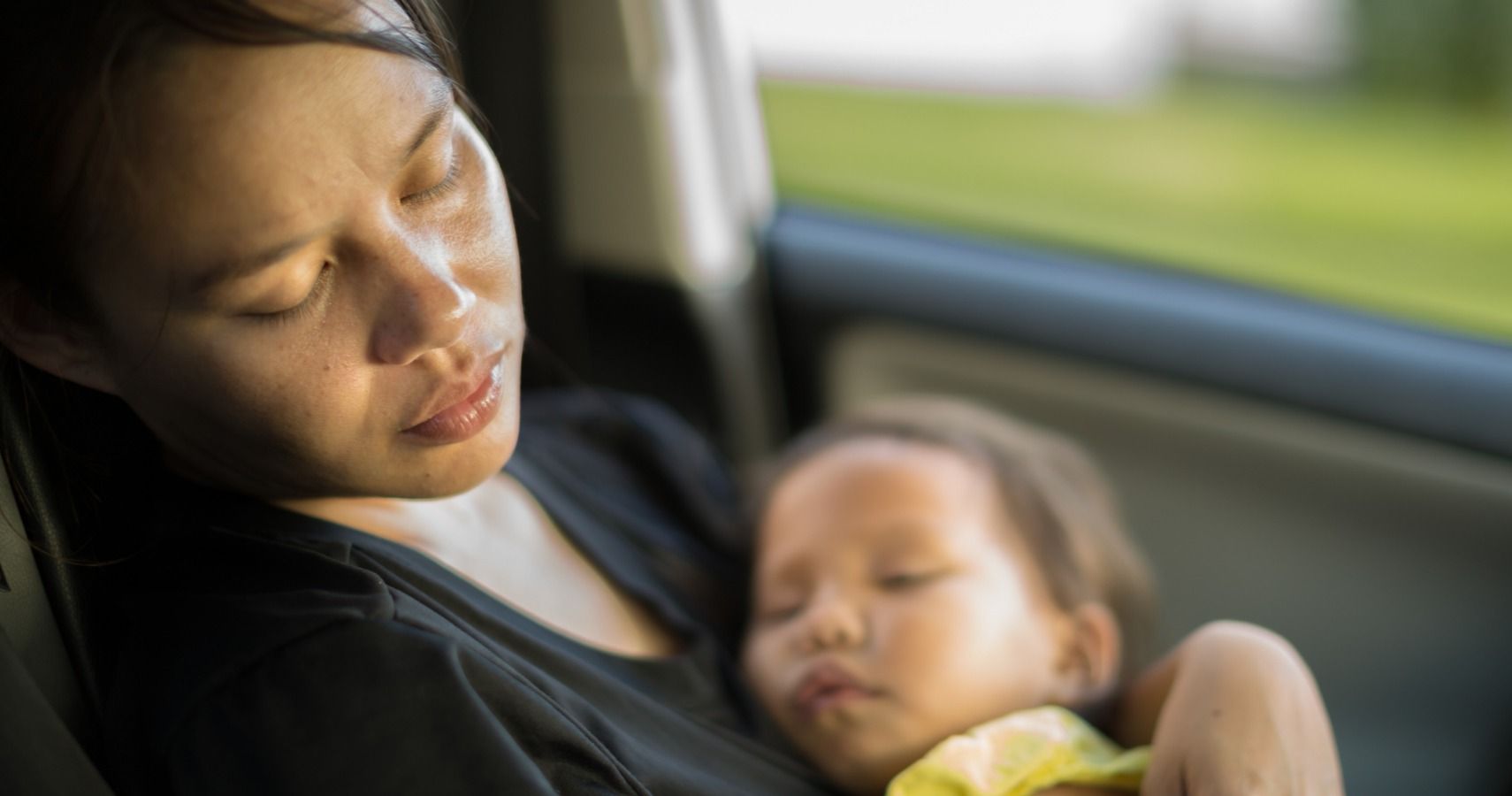If there's one thing that needs to change about motherhood in general, its probably the fact that moms take on so much, experience so many daily struggles and feel the need to hide it. Think about it for a second. How many times have you felt completely overwhelmed, frazzled by your ever-growing list of things that need to be done, or like postpartum depression is getting harder and harder to deal with each day and you need help. But instead of asking for it, you feel like you need to push through because you're a mom and moms are the equivalent to superheroes.
Does this sound familiar? The daily struggles are many whenever your a mother and a new survey reveals that now more than ever, moms feel pressured to mask what they are going through and keep it to themselves. A survey was done by HealthyWomen with staggering results on this topic, proving that something truly needs to change.
HealthyWomen, who completed this survey is a nonprofit health information source for women and this important survey was sponsored by Sage Therapeutics. Compiling information from more than 1,000 women who are either pregnant or planning to become pregnant, it asked participants about their experience with and knowledge of postpartum depression (PPD.)
PREVIOUSLY: New Study Finds One Emotion Is Often Overlooked When Screening For Postpartum Depression
The goal of the survey was to understand the women's perception of PPD and their level of awareness about the condition. It was also looking to identify any communication gaps between expecting moms and their healthcare providers.
The results showed that ninety-one percent of women reported agreeing that there are societal expectations for moms to hide or disguise any sort of sadness or anxiety that comes along with motherhood. Wow, just wow.
But there's more. A little over half of the women (51 percent) of the 356 women surveyed who had been diagnosed with PPD think it's an embarrassing diagnosis to receive as well as believing that PPD is preventable, not realizing that the rising and falling hormone levels between pregnancy and birth are believed to play a possible role in triggering it.
And the kicker was that 38 percent of women knew that having suicidal thoughts can be one of the symptoms of PPD. This shows that our society really has a long way to go to bridge this gap and that providers need to really step things up when it comes to educating moms about postpartum depression.
READ NEXT: Moms Of Baby Boys Over 70 Percent Likelier To Get Postpartum Depression

